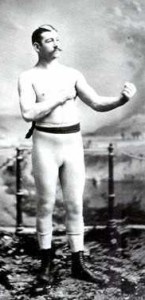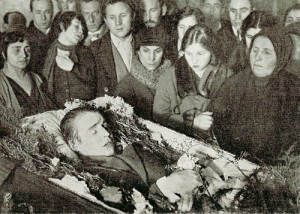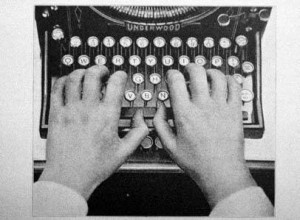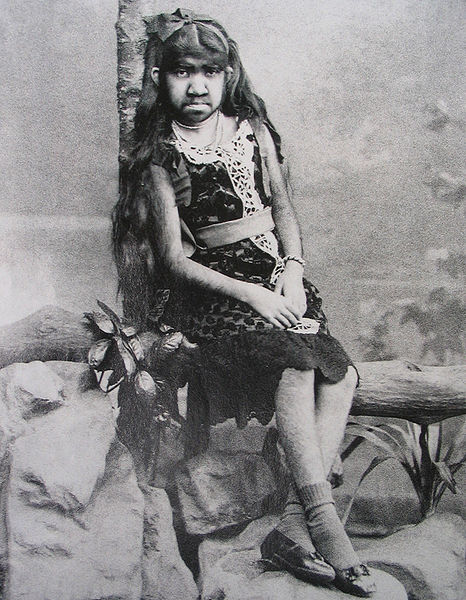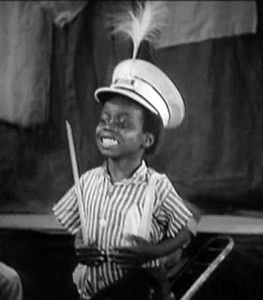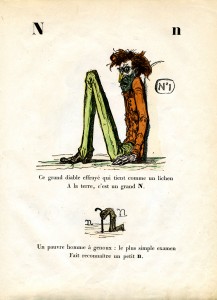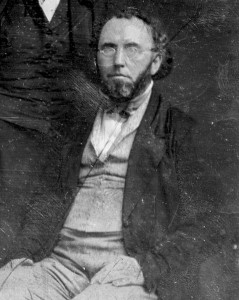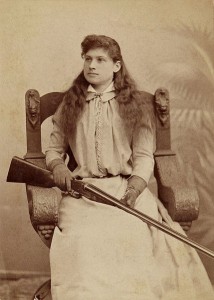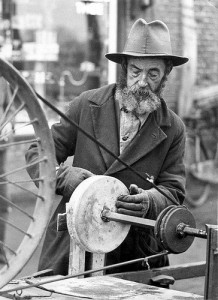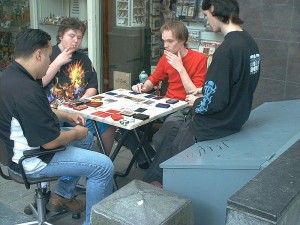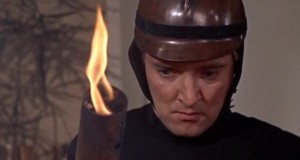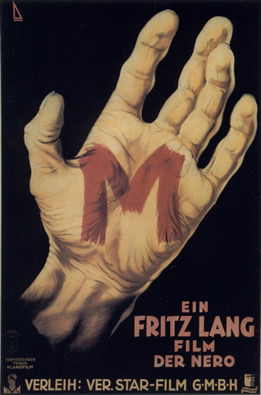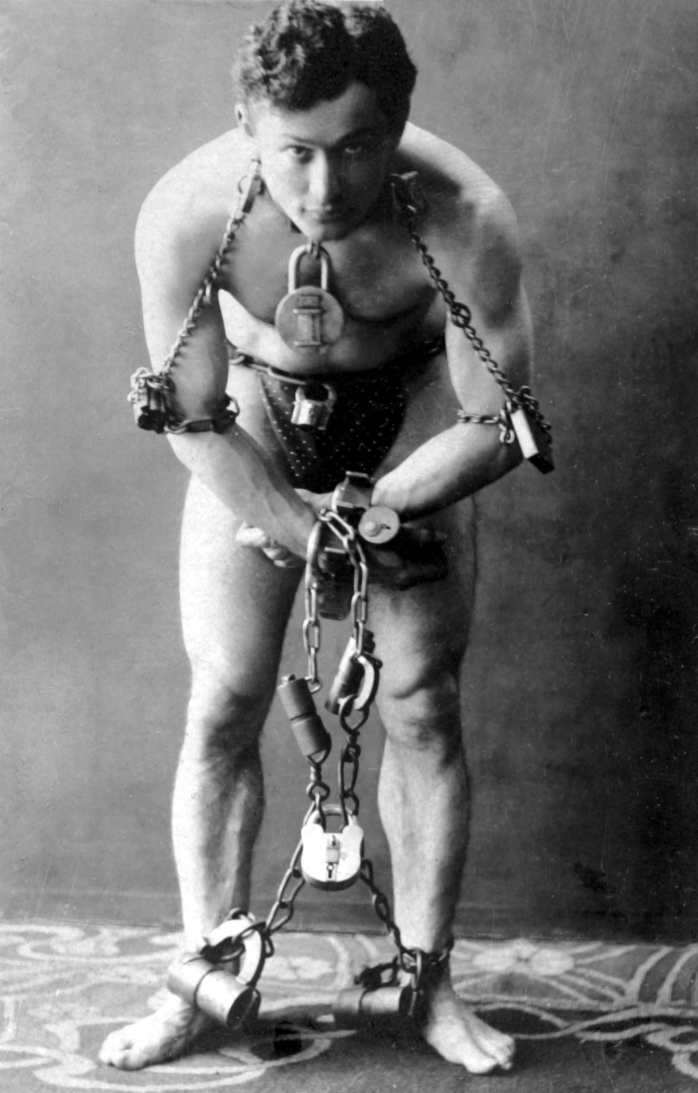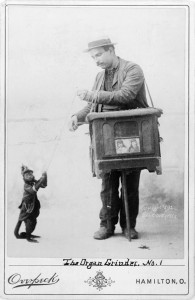
"A swarthy, dust begrimmed Italian organ grinder with a mammoth instrument on wheels drew up in front of the door."
Apart from a thieving monkey, this June 12, 1886 Brooklyn Daily Eagle story had everything: a boarding-house birthday party, an asbestos company employee, an Italian organ grinder, and several jackasses pummeling one another in impromptu prizefights in a parlor. It’s all so deeply funny. An excerpt:
“Yesterday was the twenty-first birthday of Mrs. Conover, the eldest daughter of Mrs. Denice, who keeps a fashionable boarding house at 55 Orange street, in which Mrs. Conover resides. It has been the custom in the Denice household to celebrate such occasions. Mrs. Conover, who shares with her mother the household cares, had made no preparation for her birthday fete, being so fully occupied with other matters that the evening dinner hour had passed before she remembered that she was 21 years of age. Even then she would not have recalled the interesting event had not her 16 year old brother shortly before 8 o’clock mentioned the fact and proposed a birthday party. Of the boarders in the house at the time, Mr. Raymond who is engaged in the twine business at 101 Reade street, New York; Mr. Titus who is connected with the house of Dunlap & Company, the New York hat manufacturers; Mr. Dockam, of the Asbestos Manufacturing Company, New York; Young Mr. Denice, Mr. Ireland and Mr. McIntosh.
When the party had assembled in the spacious parlors they remembered with dismay that Mrs. Fleury, the only pianist in the establishment was absent. A birthday party without music, would they concluded, be like strawberry shortcake without the strawberries. At this juncture a swarthy, dust begrimmed Italian organ grinder with a mammoth instrument on wheels drew up in front of the door, and proceeded to play with more than customary energy ‘St. Anna’s Day.’ Messrs. Raymond, Ireland and Dockam were simultaneously inspired with an idea, and a minute thereafter the son of Italy was in a corner of the parlor turning out popular airs with great rapidity and flourish.
The organ struck up a martial air, and the gentleman’s conversation touched on the possibility of Mitchell beating Sullivan. Then they began to boast of their personal and individual prowess. Young Mr. Denice slipped from the room and shortly reappeared with a set of boxing gloves. Mr. Raymond and Mr. Titus has their coats and vests off in an instant and the boxing gloves on their hands. Mr. McIntosh constituted himself referee and before the ladies were well aware of what was transpiring they were the witnesses of the first class bout. The noise of the hand organ attracted the neighbors and every window of the houses opposite were thrown open and an audience of fashionable dead heads witnessed the fight. A stalwart policeman, who was walking his beat at the time, stopped in front of the house and viewed the organ grinder and boxers with amazement. Four rounds in approved Queensberry style were fought and Mr. Titus was declared the winner. At this point Mrs. Denice entered a protest, saying that the neighbors would think she kept a peculiar establishment. Young Mr. Denice and Mr. Dockam, however, had become involved in a controversy as to their pugilistic merits and they compromised by dismissing the organ grinder. While the ladies were seeing that he took nothing more than the organ with him, Messrs. Denice and Dockam had answered ready to the call of Referee McIntosh.
Dockam led out with his rights, but fell short and received a stunning uppercut in the jaw. He lunged viciously with his left, but missing received one straight from the shoulder between the eyes which staggered him. The first round ended with the honors in favor of Denice. The ladies had become interested and regarded with eagerness the preliminaries for the second round.
This time Dockam was more cautious, and by acting on the defensive and only striking at his adversary when within reach, he succeeded, when time was called, in obtaining a majority of scientific points. The call of time for the third round brought both men to the front, eager to dispose of his antagonist at once. A genuine slugging match ensued, which ended by Referee McIntosh separating the combatants. They retired to their corners and at the expiration of regulation time began again. From the fourth to the fifteenth rounds lively slugging was witnessed. Both men were tired, but eager for business. On the call of time for the sixteenth round Mrs. Denice and her daughter became aware of the fact that what they thought were blushes on the men’s faces were blood stains. They became frightened and immediately protested against the continuance of the mill. It was then half past ten o’clock. The gentlemen shook hands and, wishing Mrs. Conover many happy birthdays, retired to their rooms, ‘Where,’ said Mrs. Denice to an Eagle reporter this morning, ‘I think they had it out. However, it was a really jolly and original birthday party and a surprise to all concerned.'”

